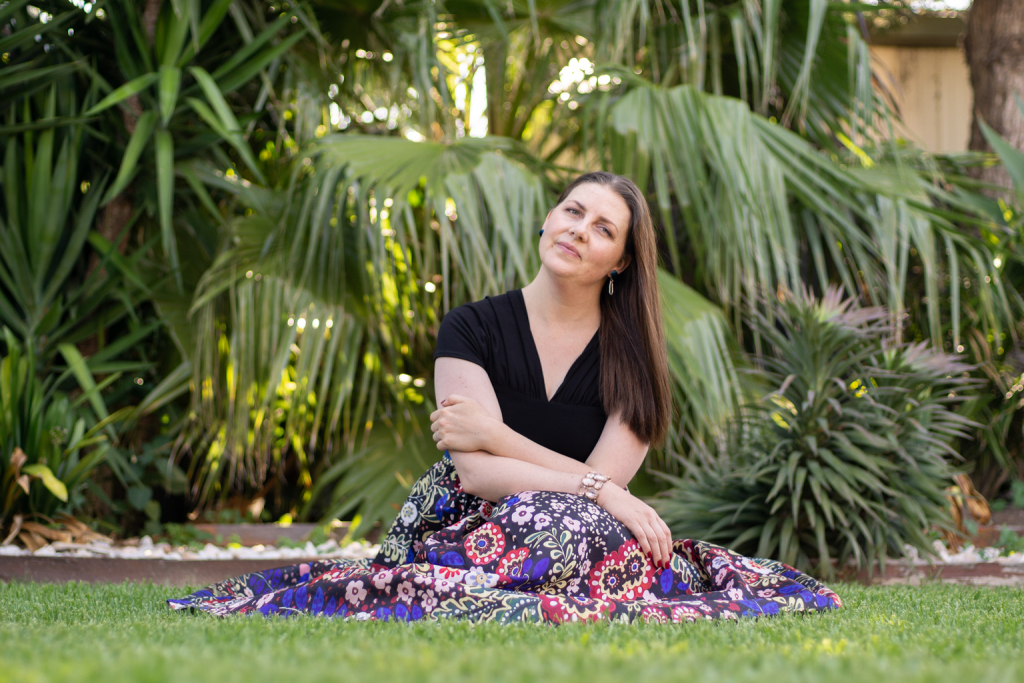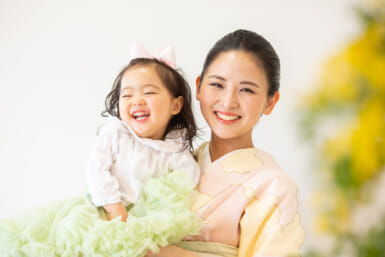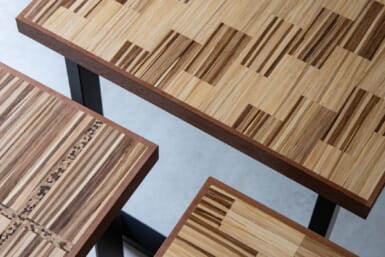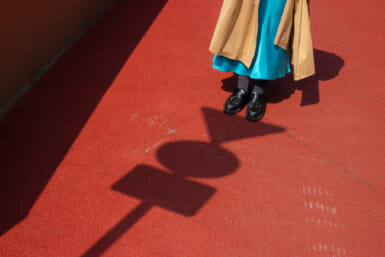Jessica Korteman is a well-seasoned writer in the travel community having run two successful blogs: Notes of Nomads with husband Hai and Travel Solo Anyway about traveling independently while married. In the midst of the pandemic, she decided to start a third: Japanese Food Guide. It’s not just another website about the top ten ramen joints, it focuses on the deep cultural insights of food, covers trends in an enlightening way and gives a pedestal for female writers to shine.
How did you get started writing and blogging?
I’ve been travel writing since 2011. The impetus was the 2011 earthquake and tsunami in Japan. It stemmed out of a frustration that after a couple of weeks the international media had moved on to other things and knowing that there was still so much that was going on in Tohoku and so many stories that still needed to be told.
I felt that it was important to communicate that disaster recovery is long-term. One way that I thought I could contribute was by sharing stories of the people on the ground and what was going on from a volunteer perspective. That’s where it started. And then, of course, there are so many stories to be told in Japan.
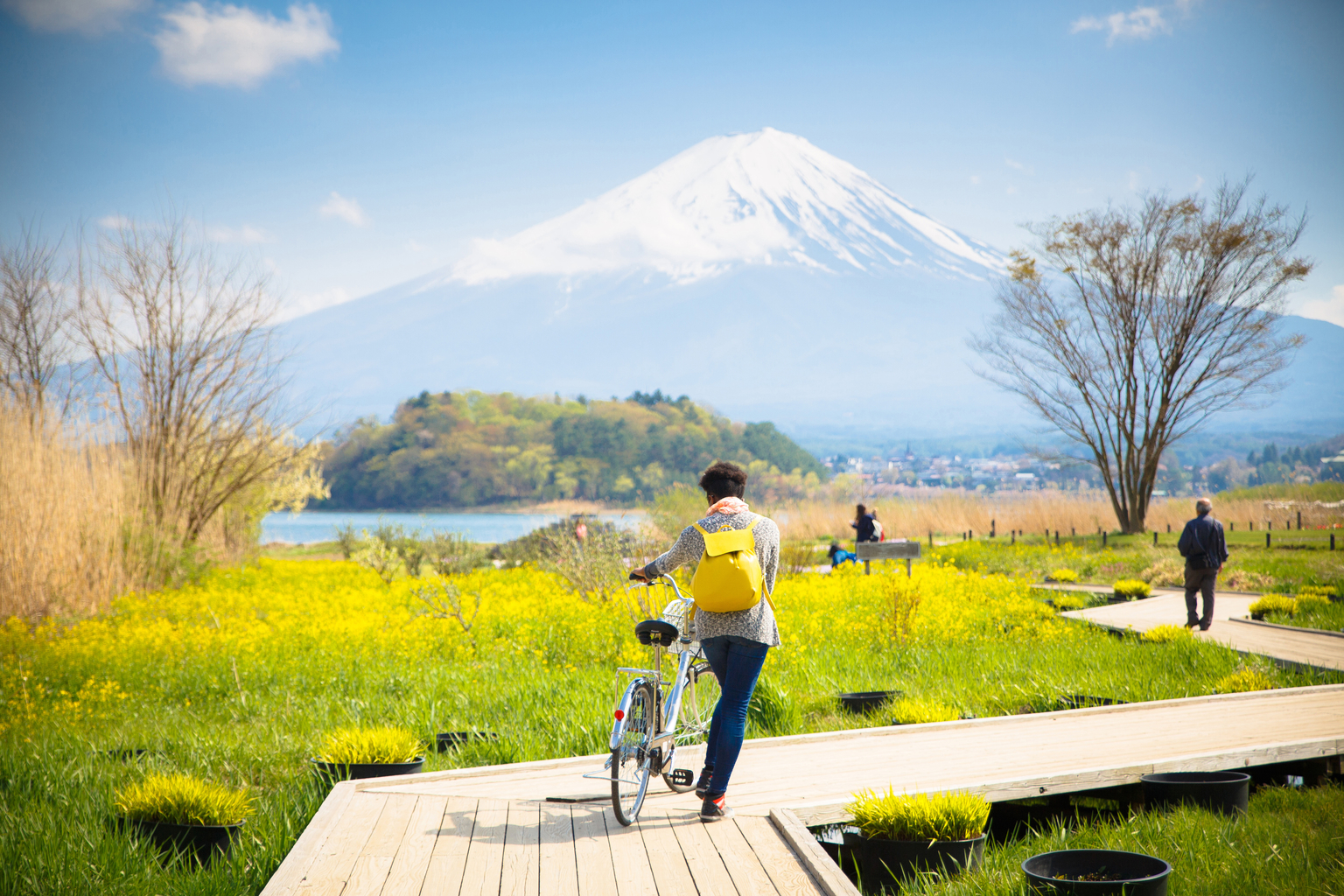
Mount Fuji with snow and flower garden along the wooden bridge at Kawaguchiko in Japan (Source: Shutterstock)
You’ve visited 50 countries, where does the drive to travel come from?
I innately always loved to travel. Brought up in the countryside of Victoria in Australia, I didn’t have many opportunities to travel when I was younger, but was always fascinated by it. I was drawn to National Geographic and all of the books and magazines that my parents could pick up from yard sales. At the same time, I’ve always been interested in writing.
Why did you come to Japan? What was it about the country that first caught your eye?
Actually, in the beginning, that wasn’t my decision (well, not one that I came to myself). When we decided to take a round-the-world trip together, my then-boyfriend (now husband) and I were deciding on destinations and one of the places he said he wanted to go from the very beginning was Japan. He said he was fascinated with the culture.
So, we ended up going for two months. And after that, we both agreed that we loved it and didn’t want to leave. It was the one place on that trip that we felt we could actually live.
I’ve never felt more at home in another country than I have in Japan. As a writer, it’s an infinitely fascinating place to live. You can go from one prefecture to the next and there’s something completely different. There’s a myriad of different festivals. I feel like I’ll never, ever run out of material. There’s always going to be more.
Could you tell me about the inception of the Japanese Food Guide website?
I’d never really had anything that was focused solely on Japan only. We didn’t know when we were going to emerge out of this pandemic, but I knew that I desperately wanted to share more about Japan. I had more to say about the country and I knew there was much more of the story that wasn’t being told.
I think that some websites don’t want to get too culturally specific because it doesn’t appeal to a mass audience, especially internationally. But I felt that there were stories that I wanted to tell. I’m kind of a bit of a culture nerd. I want to tell those things, but sometimes they don’t always appeal to everyone.
I felt there was a gap I could fill by telling very specific cultural stories and providing cultural information that is not always included on websites or in articles because it gets quite niche.
What I was seeing were the trends from food content creators and how we’ve all kind of rallied around food during the pandemic. Whatever happens in terms of travel, we’re all going to still be eating.
View this post on Instagram
What can readers learn from Japanese Food Guide that they can’t learn anywhere else?
I think we’re not afraid to go deep into very cultural topics. The contributors on the website are all women or female-identifying who have had extensive lived experiences in Japan. They have the language and cultural abilities to be able to tap into a lot of information that I haven’t seen elsewhere. So, I think it’s the type of topics that are covered and also who is covering them.
Is it true that one of your writers went all the way to JAXA (The Japan Aerospace Exploration Agency) to find out why miso soup moves the way it does? Do you have more stories like that?
I like to use that one because I think that’s an example that people can relate to: “Oh, you went all the way to the Japanese NASA to find out about miso soup.” So that’s the kind of level that we’re talking about.
Another example by the same writer is an article about the way coffee cups in Japan are served. She interviewed someone who has been serving coffee for more than 70 years here and went directly to the All Japan Coffee Association to talk to the spokespeople there about the history and culture of it. That’s going above and beyond what is already out there.
I’m sure there are other people out there who are interested in knowing more. They’re not wanting another list about ramen. They want something that gives them a different perspective or information they didn’t know before.
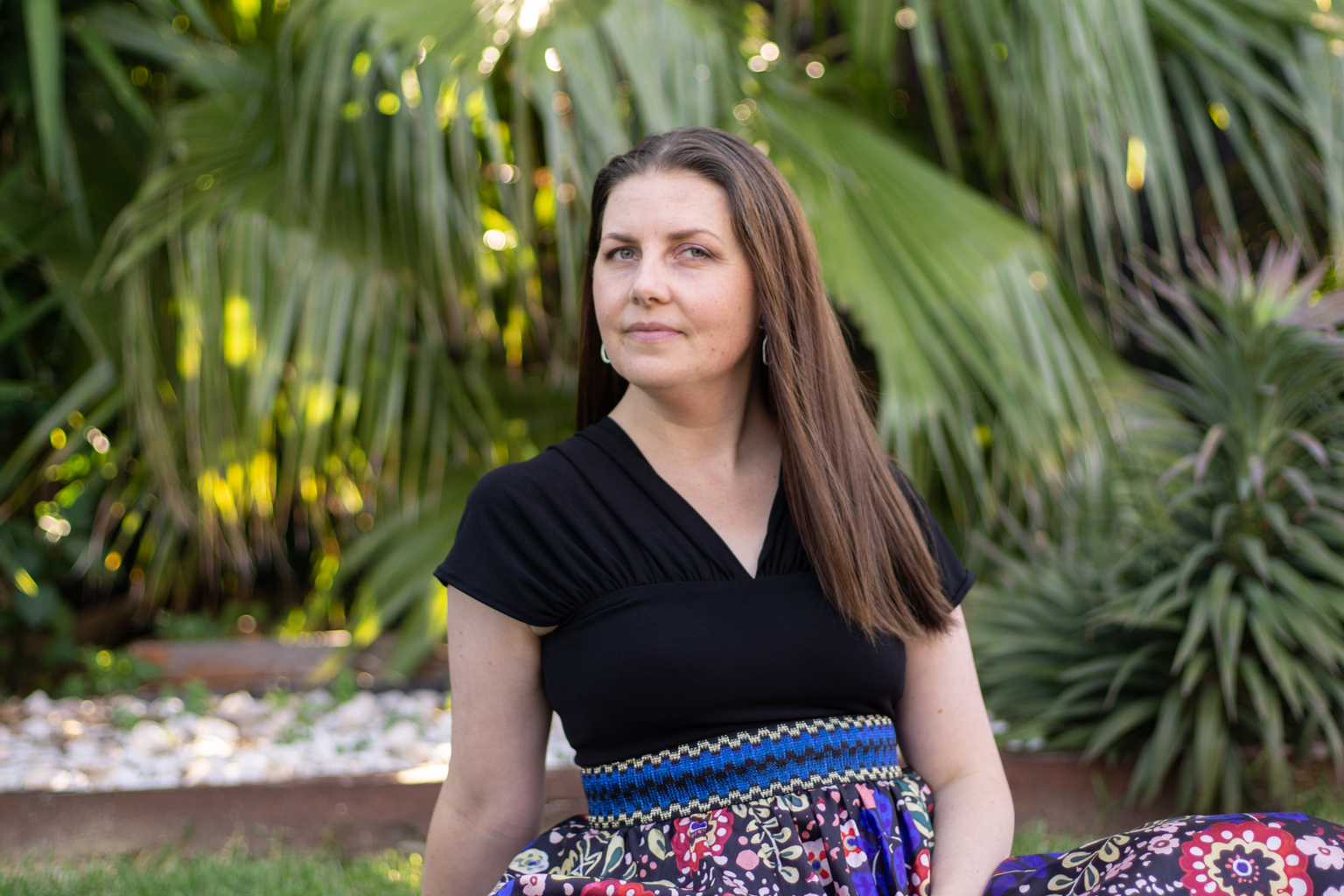
Why did you decide to hire only female-identifying contributors?
It’s something that I personally felt strongly about for a long time as a female content creator. Just as there are inequalities in other professions, there are still inequalities in travel, blogging and writing. I wanted to create a platform where women’s voices could be celebrated and heard, and their expertise, knowledge and understanding of so many topics could be front and center of the website. I can give a platform to them and have their expertise demonstrated to the world.
Women make up the majority of the travel industry as employees. They also make up the majority of the travel industry as consumers. So why are we not seeing more women having their voices elevated and celebrated at top levels of publications? For me, it was quite an easy decision because I feel like there are so many women’s voices who are not being heard. On top of that, they have a vast amount of knowledge that we could all benefit from.
I learn something from every post that comes in and every person I talk to. I’m learning something new because these women have such vast knowledge and access to information that I haven’t seen anywhere else.
Could you tell us about some of your contributors?
Contributors range from in their 20s to 60s. Their professions range from market analysts to minshuku owners, salary women in large companies, bakery owners, self-employed entrepreneurs, translators, sake sommeliers, food experts, journalists and travel consultants. We also have a Japanese Muslim woman who does our halal posts.
There are a lot of people in a wide variety of areas. But the key thing is their lived experience of Japan and their knowledge of food and culinary culture that ties them all together. That’s what they all have in common.
View this post on Instagram
The inevitable question, what would you say were your top Japanese dishes?
My favorite comfort food would probably be katsudon. That would be my go-to on a cold wintery day. That’s just one of my favorite all-time Japanese dishes. In terms of cooking at home, I do love nabe. The flexibility is just fantastic and it’s easy to put together. And a different take on the typical ramen — shirunashi ramen (ramen without the broth). I think a lot of people don’t know this exists. I also appreciate the fact that Japan has a flavor for everything. And I’m a bit of a sucker for specialty soft creams.
Finally, is there a food fact you like to tell people?
I didn’t know why Japanese coffee cups were usually served with the handle to the left. That’s an old tradition that comes from stirring in the sugar. So, you’d be able to hold the coffee cup handle with your left hand and then use your dominant right hand to stir in the sugar. I’d never contemplated it before. And I love that we’re coming up with questions like that to answer.
Another interesting food fact is that the word ‘ikura’ (salmon roe) is not Japanese. It comes from Russian [where ikra means fish roe or caviar]. I love Japan so much because there are always new things to learn. I never feel like I’ve saturated a particular topic because there’s always more to learn.
Find more food facts and insights at www.japanesefoodguide.com

